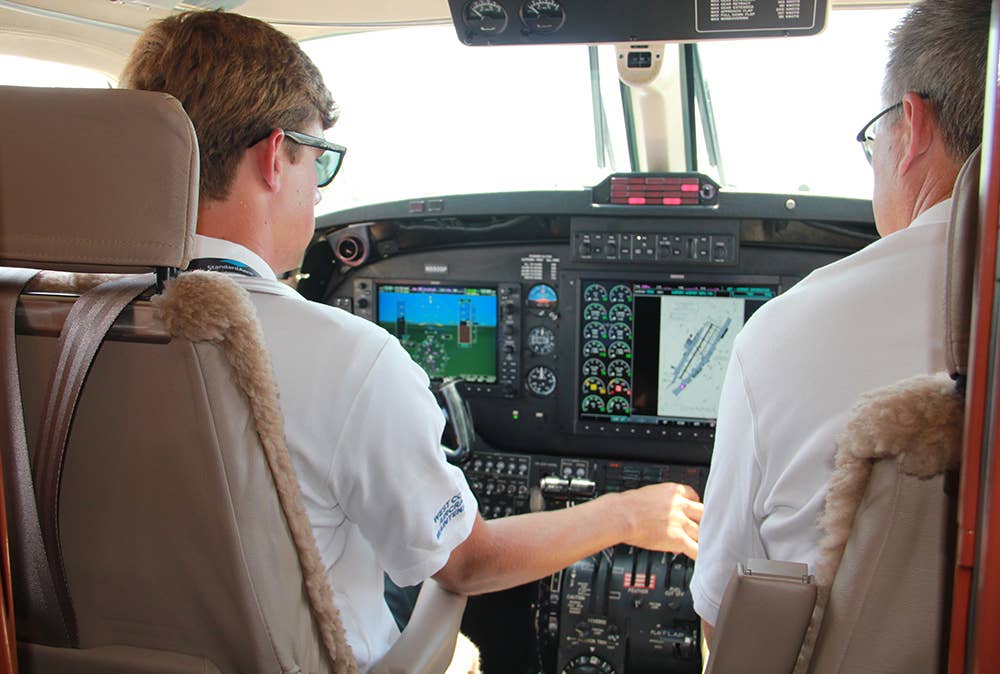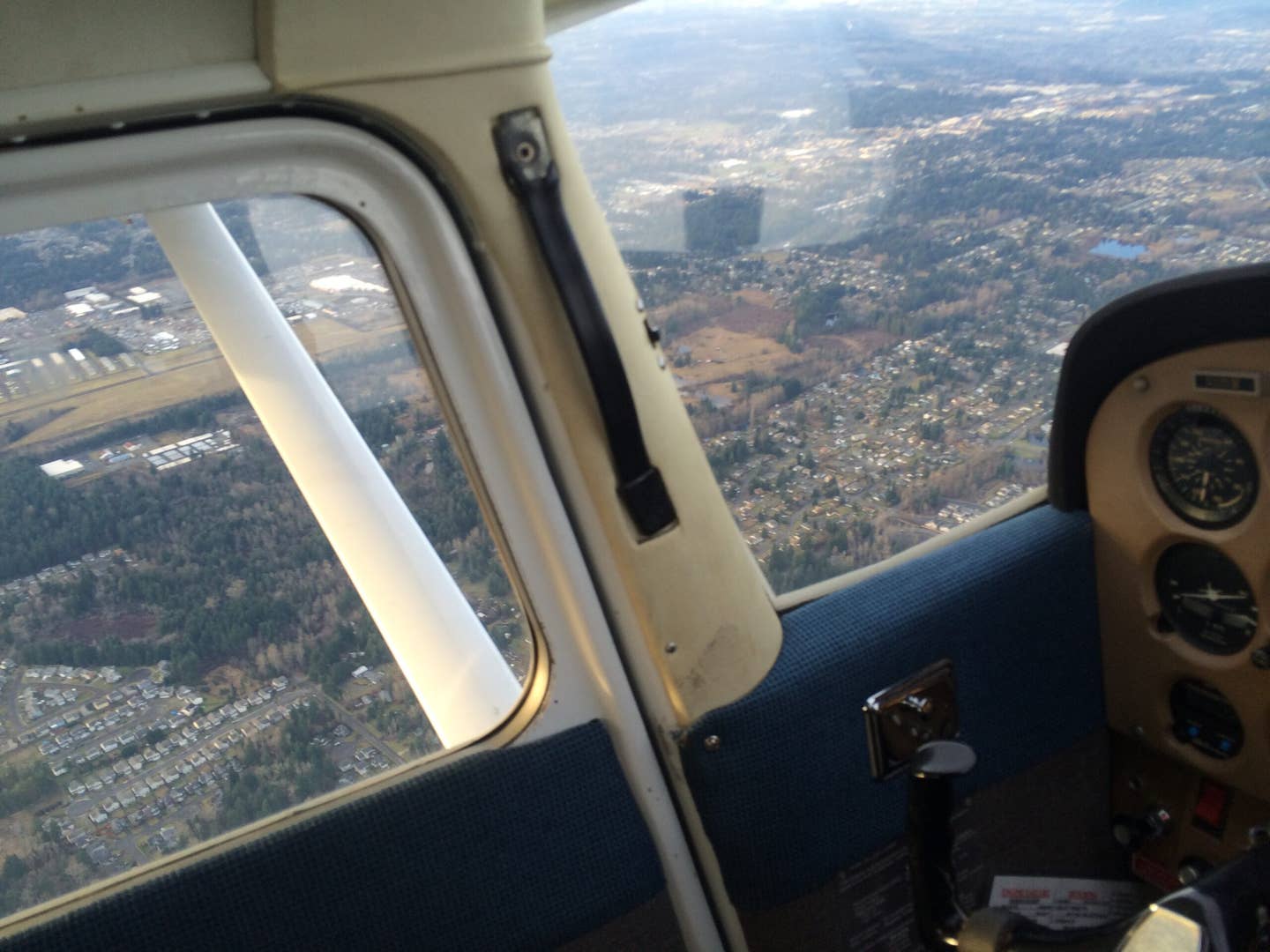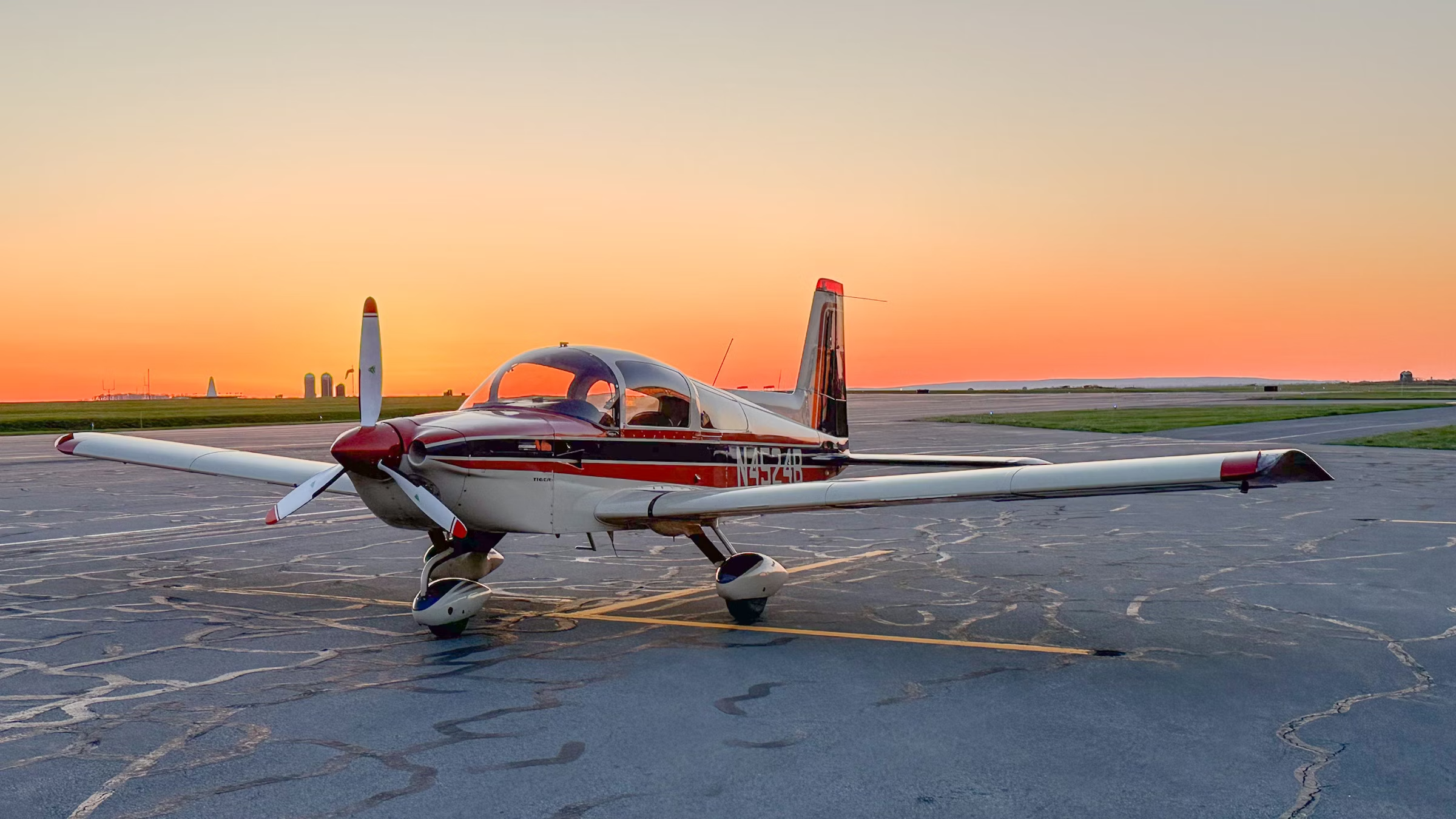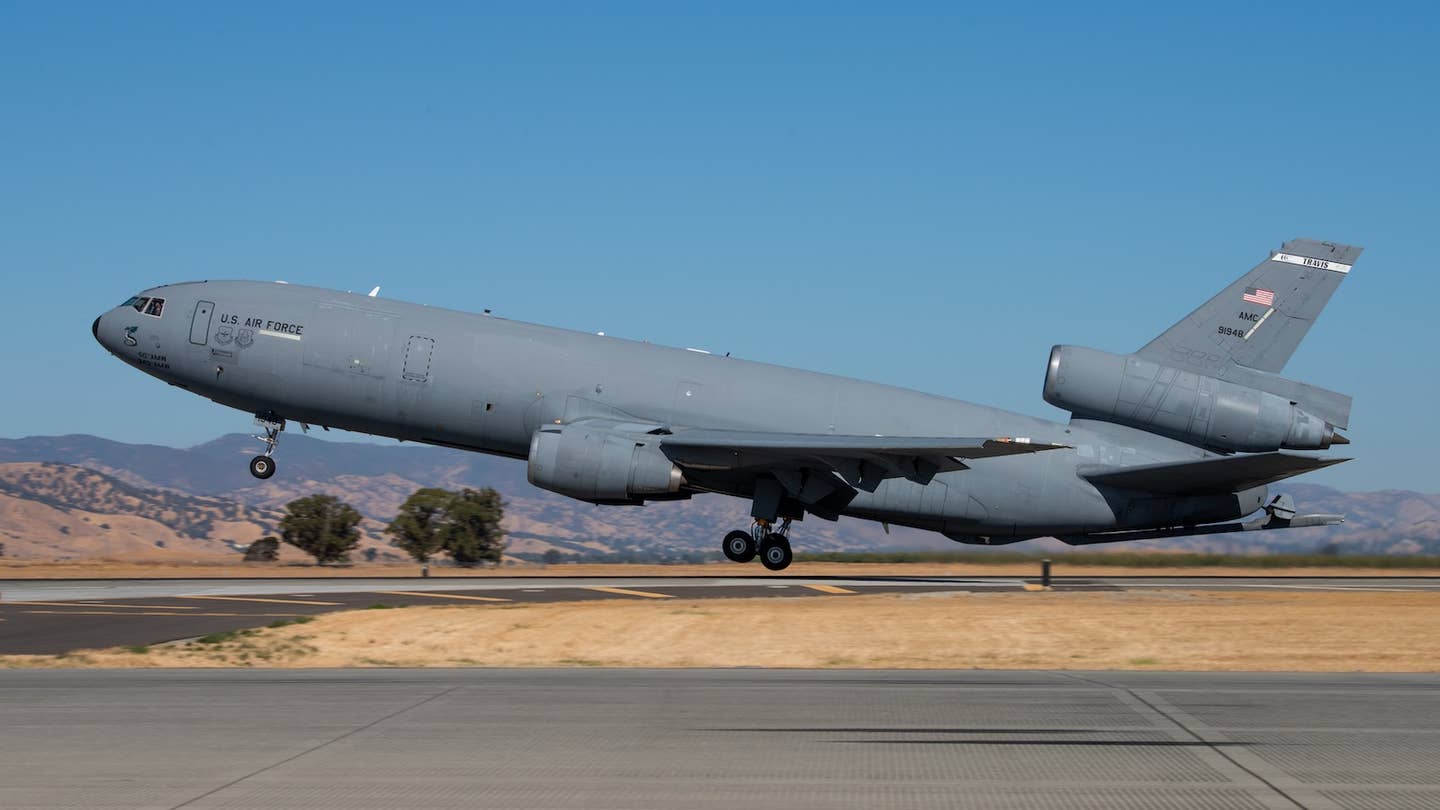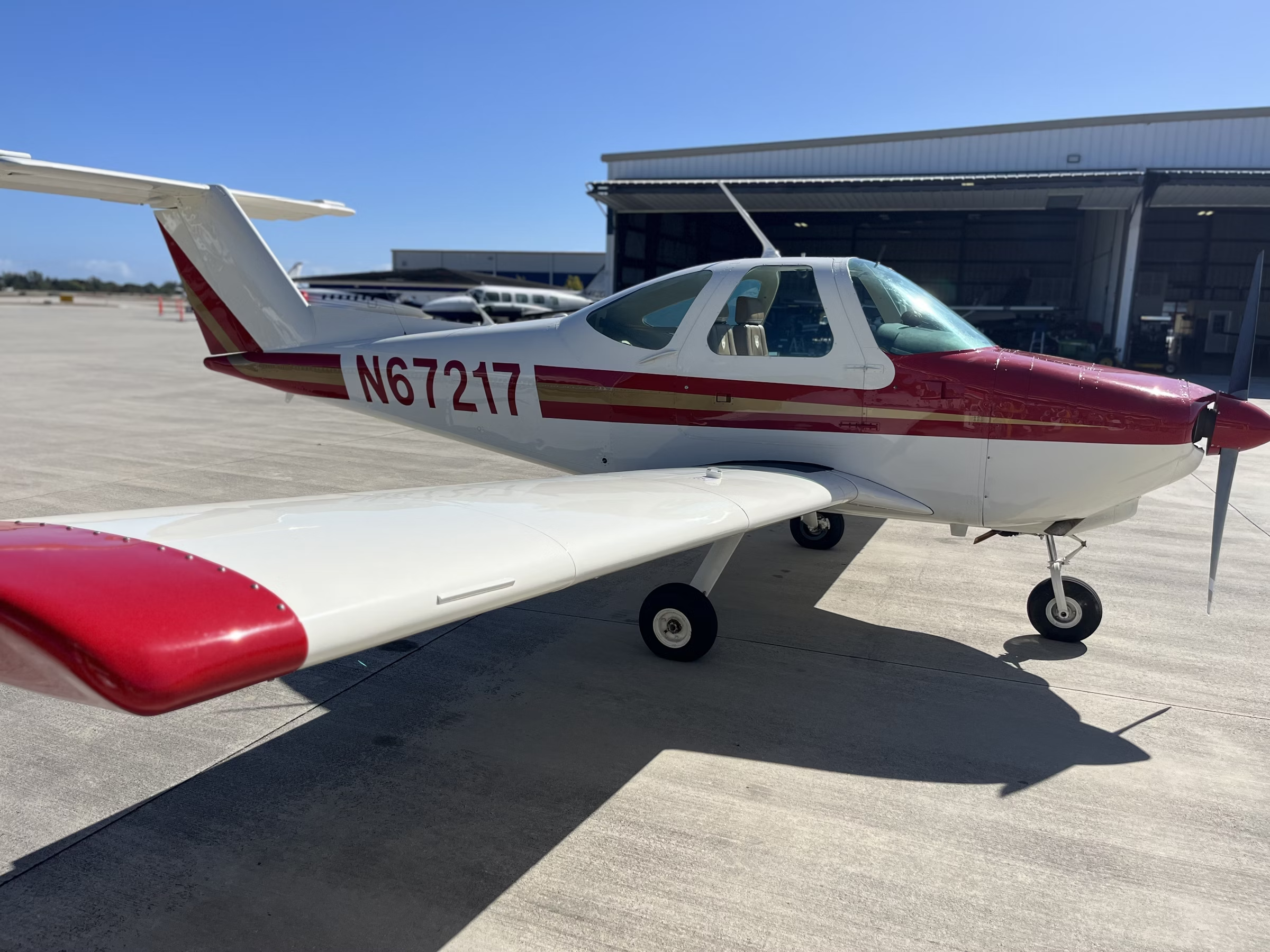Picking an Aircraft Mechanic School
Here are some tips on choosing the best path to becoming an aircraft mechanic.
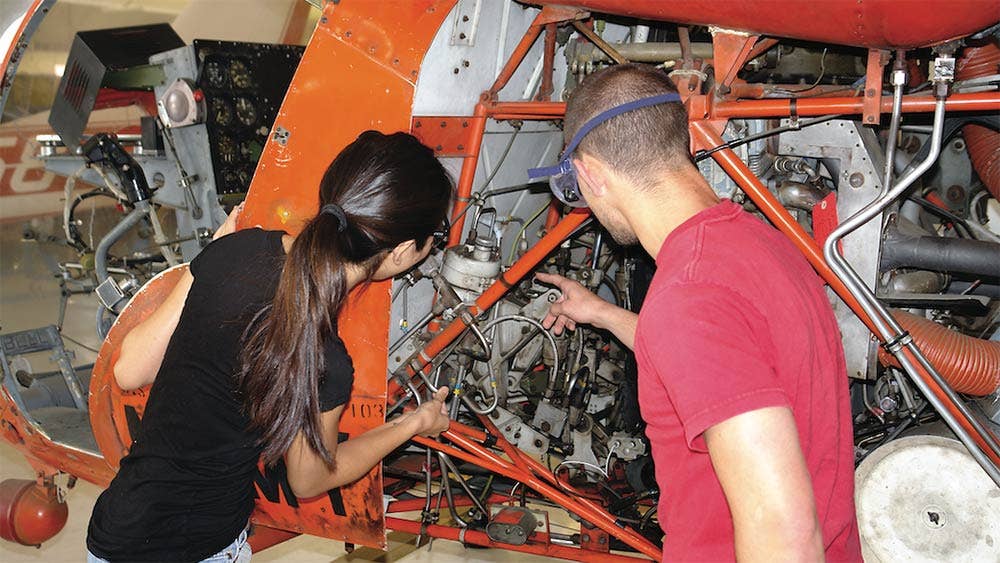
[Credit: North Valley Occupational Center/ file photo]
Picking the right training school to become an aircraft mechanic is crucial to starting your career off on the right foot.
High-quality training at different locations can ensure a good start to a long career. New mechanics must know not only the right information to pass a test but also gain a certain amount of intuitive experience to have a fulfilling long-term career.
There are a number of ways to start mechanic training in the first place. New mechanics can pursue an apprenticeship under the watch of a licensed mechanic. This often takes an applicant to a flight school or mechanic shop with experienced supervisors.
There are also dedicated schools that offer training to new mechanics and universities that offer associate and bachelor’s degrees related to aviation maintenance.
Picking the Right Apprenticeship
New applicants can choose to work with a wide variety of mechanics for an apprenticeship.
Many flight schools offer such positions working on aircraft used for flight training. These are especially prominent at schools with large fleets, like those that prepare pilots for careers in aviation.
It is crucial that a maintenance student pick to learn at a school or shop with a good reputation. Schools known for poor maintenance habits may not be able to provide the same level of training as a school or shop that has consistently shown good results over time. This often mirrors a location’s general reputation. If it makes sense for a pilot to fly at this school, for example, a maintenance student can have more trust as well.
Students can pick their apprenticeship based on the type of work they want to do. For example, if you want to add an avionics certification to an A&P mechanic certificate, consider spending time as an apprentice at a shop that specializes in avionics maintenance. Some shops also specialize in certain makes and models of aircraft that a student has particular interest in working on.
When looking for a place to train, consider whether the mechanics at that shop or school already have experience taking on apprentices already. Those with previous teaching experience have already gained additional experience that will guide them to take on another apprenticeship more easily.
Picking a Maintenance School
There are a number of schools dedicated primarily to teaching mechanics.
Some national schools have built reputations for providing high-quality training. Some schools in particular tailor their programs to those that want careers at the airlines or otherwise working on turbine aircraft. These programs offer specialized experience in the type of work that an apprentice wants to do in order to make future work applications more appealing.
Many large schools also have partnerships with airlines and major aircraft operators to provide jobs or flow agreements to graduates of the school. Consider whether the schools you might attend offer the flow agreements that will help you best reach your career goals.
Dedicated schools can also offer accelerated programs or night classes for students with day jobs. This can make it easier to transition careers into aviation without losing your steady stream of income or giving up a livelihood that you value. It can also make it easier to become licensed sooner without spending nearly three years as an apprentice.
Getting a Degree
Having at least an associate degree can provide mechanics with a significant advantage in the job market.
Prospective mechanics who want to take advantage of this benefit can attain a degree by completing their training to satisfy both requirements at once. University programs often provide structure and resources unmatched at other institutions to offer unique possibilities unmatched by other training centers.
Many university programs even have aircraft donated from previous operators—from stall single-engine pistons to large multiengine turbines—to use for training. Being able to train on a wider variety of aircraft provides exceptional benefits that cannot be found elsewhere.
Universities also tend to have positive reputations for providing good training. They have access to a wider alumni base to provide donations or help build connections in the industry.
Choosing where to do your aviation maintenance training is important. Be sure to choose a quality, well-renowned shop, facility, or university for your training. Each location offers unique benefits that cannot be found elsewhere.
Ultimately, the most important factor is an emphasis on safe, quality work, and instruction to set a firm foundation for a long, successful career.

Sign-up for newsletters & special offers!
Get the latest FLYING stories & special offers delivered directly to your inbox

